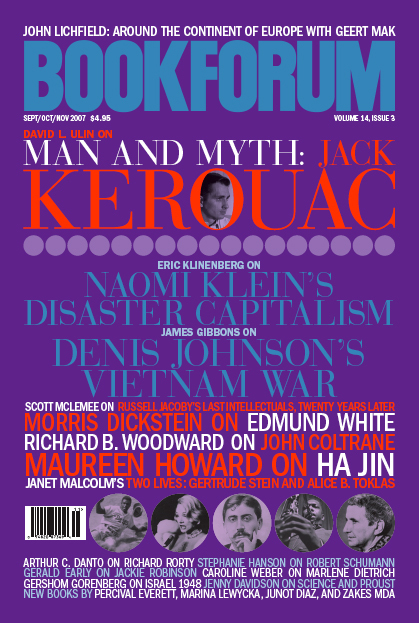
WE ARE ALL ARTISTS, SUPPOSEDLY.
But after a certain age, most of us give up the ghost on pursuits that require costly studio space, state-of-the-art equipment, or too many rewrites. To the rescue comes Christian Marclay’s Shuffle (Aperture, $30), a deck of oversize playing cards, adorned with photographs of musical symbols found in the everyday world, that serves as a kind of artistic assist, aiding anyone in becoming a composer. The idea is to arrange the cards to create a score or a musical fragment. The directions suggest using “as many or as few of the cards as you wish,” playing alone or with others, and employing sounds that “may be generated or simply imagined.”
There are plenty of precedents for Shuffle: the Fluxus box, Dadaist collage, the Surrealist parlor game Exquisite Corpse, the near entirety of John Cage’s oeuvre, and the Eameses’ beguiling deck of slotted cards that can be interlocked in various confi gurations. A literary counterpart is found in Marc Saporta’s Composition No. 1 (1962), a novel any order they choose. Just looking at the photographs taken by Marclay is amusement enough. A few favorites include a cooling rack shaped like a musical staff, a roll of Top Note–brand toilet paper, the packaging of E Plus High C roll-on deodorant, and a door handle in the form of a treble clef. The images are of a piece with Marclay’s larger project of merging sound and vision—or, more precisely, bringing the signifiers of sound into the realm of visual art. (A recent work involved photographing the word SILENCE posted in and around places such as museums, conference rooms, and recording studios.)
It’s true that to play Shuffle, you must be able to read music, at least a little bit. Yet the deck presents the language of music as decoration—an application far outside the realm of the concert hall—and attempts to reel it back into use. At the same time, Shuffle preserves a feeling of immediacy, of Marclay stumbling upon these fragments of music lurking everywhere in the world.
